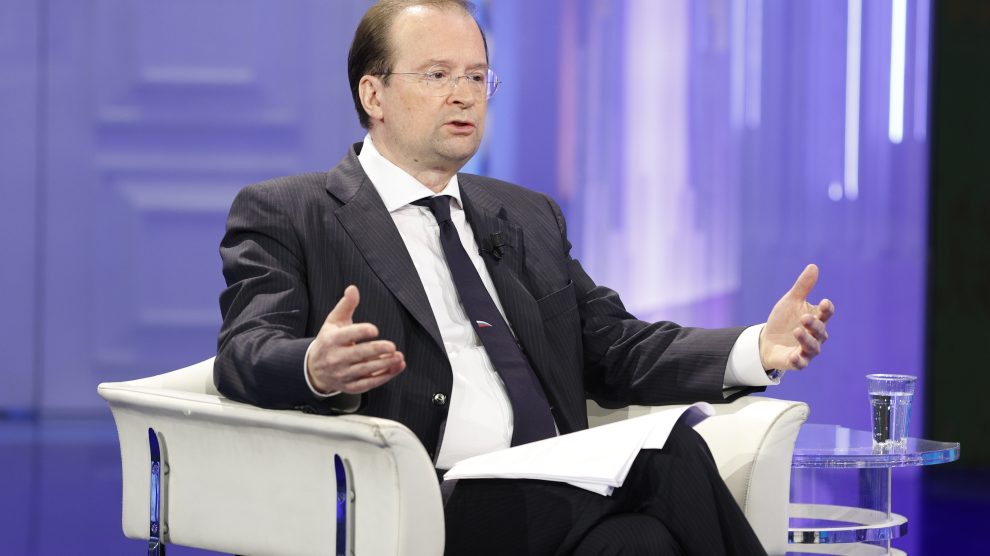Decoding the news. Alexey Paramonov, Russia’s Ambassador to Italy, gave a lengthy interview to Izvestija. His remarks fit into the broader Kremlin playbook of strategic disinformation targeting Western audiences and exploiting domestic European dissent.
What they’re saying. “After COVID, the Italian elite was exposed to two new viruses: Russophobia and Ukrainophilia. Working in synergy, these two plagues take on particularly aggressive forms and lead to very depressing consequences, both in domestic political processes and on the international stage”, said Alexey Paramonov.
- Russia’s narrative portrayed Italy as “hostile and isolated”.
- Claims Italian leadership is “hermetically closed” to Russian diplomats.
- Suggests Rome imitates Kyiv by “banning” dialogue with Moscow.
- Russophobia & “Ukrainophilia”
- Says Italian elites are “infected” with these “viruses,” undermining rational policymaking.
- This framing mirrors classic Kremlin narratives that delegitimize Western criticism.
- Calls the cancellation of Valery Gergiev’s concert an act of “Russophobia” and “cultural cancellation.”
Why it matters. Paramonov’s words have a strategic goal.
- Undermine Italian public support for NATO, EU sanctions, and Ukraine aid.
- Present Russia as victimized, reasonable, and willing to restore relations, if only Italy breaks from the “collective West.”
- Appeal simultaneously to anti-war sentiment, economic pragmatism, and cultural diplomacy to fracture Western unity.
What we’re watching. This interview is less a diplomatic statement and more a calibrated disinformation effort. It aligns with Russia’s broader strategy in Europe:
- Exploit economic pain and social fatigue over the Ukraine war.
- Amplify internal divisions within NATO and the EU.
- Project Russia as a misunderstood power facing an unreasonable West.





